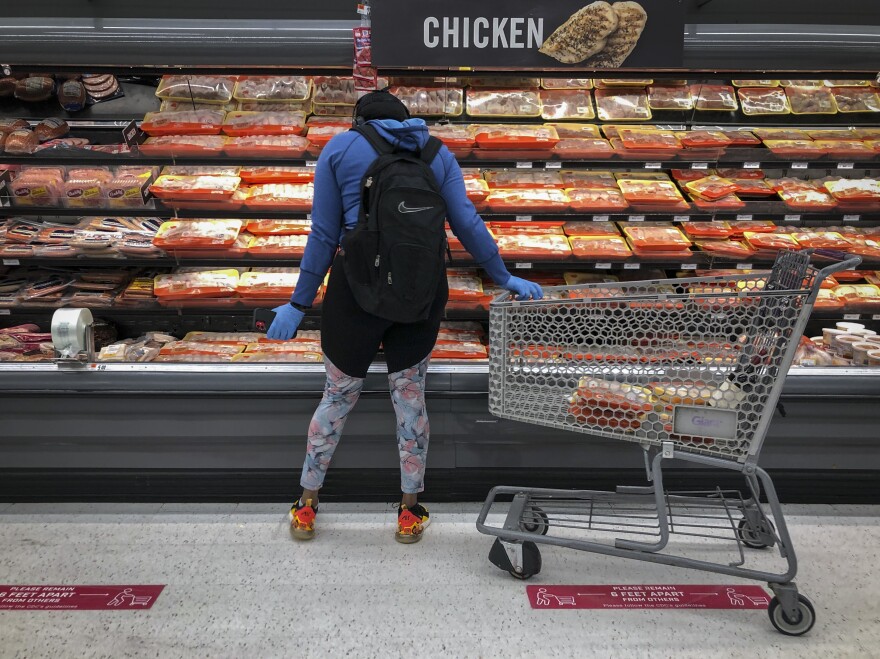The punch bowl can stay.
The Federal Reserve is adjusting its long-term policy on inflation and employment, and says it will no longer tap the brakes preemptively to prevent the economy from overheating — a job famously likened to taking away the punch bowl just as the party gets going.
For decades after the price hikes of the 1970s, the central bank was on high alert for inflation, raising interest rates whenever unemployment fell "too low," on the theory that would spark runaway prices.
But in recent years, the Fed has been more concerned with prices that aren't rising fast enough. Inflation has remained stubbornly below the Fed's 2% target, even when unemployment was at half-century lows.
Under the new policy, which was approved unanimously by the central bank's rate-setting committee, the Fed will not concern itself with an employment picture that is too strong, only a job market that is too weak. And after a long period of inflation that's too low, the Fed will tolerate a period of higher prices, in order to achieve an average inflation rate of 2%.
In announcing the policy changes, Fed Chairman Jerome Powell acknowledged that inflation remains an unwelcome boogeyman for many.
"We are certainly mindful that higher prices for essential items such as food, gasoline and shelter add to the burdens faced by many families, especially those struggling with lost jobs and incomes," Powell said.
But in a virtual address to the Federal Reserve Bank of Kansas City's annual policy conference in Jackson Hole, Wyo., Powell noted that ultra-low inflation or deflation is also a threat, driving down interest rates and leaving the central bank less room to maneuver in an economic crisis.
Years of strong job growth have also shown that the traditional assumption that low unemployment sparks rising prices no longer holds.
"The historically strong labor market did not trigger a significant rise in inflation," Powell said.
The Fed also learned that if it didn't pull the plug on the expansion prematurely, more people who had been on the sidelines might share in the benefits.
"Many who had been left behind for too long were finding jobs, benefiting their families and communities, and increasing the productive capacity of our economy," Powell said. "It is hard to overstate the benefits of sustaining a strong labor market."
Those gains were largely wiped out by the coronavirus pandemic, which has disproportionately affected low-income workers. The unemployment rate, which was 3.5% in February, soared close to 15% in April and remains 10.2% today.
The Fed expects unemployment to remain above 9% for the rest of this year. But the new policy, which was largely crafted before the pandemic, offers a guide the central bank can use when the economy returns to something approaching full employment.
"Of course, when employment is below its maximum level, as is clearly the case now, we will actively seek to minimize that shortfall by using our tools to support economic growth and job creation," Powell said.
Copyright 2021 NPR. To see more, visit https://www.npr.org.









